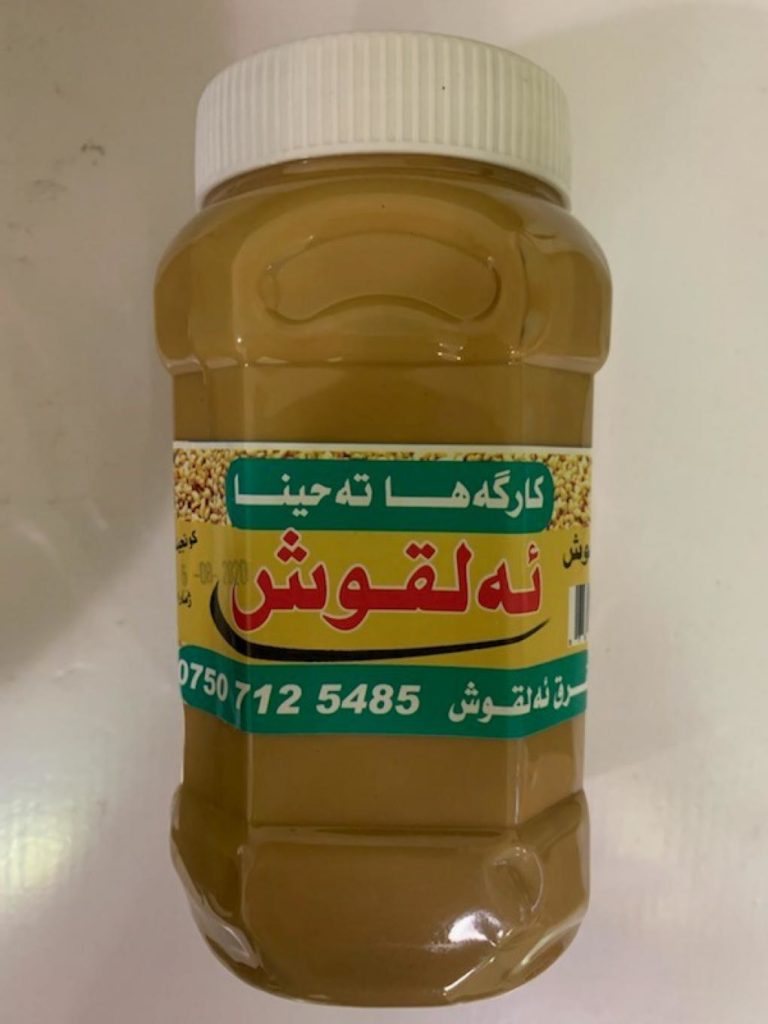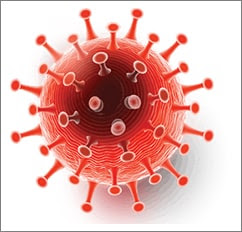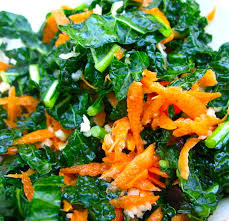The FDA announced that Mediterranean Food Inc.(Warren, MI) recalled 2Lb plastic jars of “Alqosh Sesame Oil” because they can be contaminated with Salmonella. The recalled, “Sesame Oil” were distributed in Michigan retail stores and distributors through their company’s staff. The product was distributed in the period from 11/06/2020 to 12/10/2020. The product comes in a 2Lb, clear plastic jar marked with lot # 16082020 on the jar’s side and with a Production date of 08/16/2020 stamped on the side. No illnesses have been reported to date in connection with this problem. The potential for contamination was noted after routine testing by the Michigan Department of Agriculture and Rural Development (MDARD) at one of the retailers that sold the product to which revealed Salmonella’s presence in some of the 2 Lb plastic jars of “Sesame Oil.” Production of the product has been suspended while the FDA and the company continue investigating the source of the problem. @ https://www.fda.gov/safety/recalls-market-withdrawals-safety-alerts/mediterranean-food-inc-recalls-alqosh-sesame-oil-because-possible-health-risk?utm_medium=email&utm_source=govdelivery
Mediterranean Food Inc. of Warren, MI, is recalling its 2Lb plastic jar of “Alqosh Sesame Oil” because they have the potential to be contaminated with Salmonella, an organism which can cause serious and sometimes fatal infections in young children, frail or elderly people, and others with weakened i
ruth
An article entitled “Prevalence of SARS-CoV-2 Contamination on Food Plant Surfaces as Determined by Environmental Monitoring” (J Food Prot (2021) 84 (3): 352–358) investigates the prevalence of SARS-CoV-2 in environmental samples in zones 3 and 4 of 116 food production facilities. During the study period, from 17 March to 3 September 2020, 1.23% of the 22,643 environmental samples tested positive for SARS-CoV-2, suggesting that infected individuals were actively shedding the virus. Frequently touched surfaces such as doorknobs, computer devices, tabletops, and sanitizers had the most contamination. The study shows that environmental monitoring for SARS-CoV-2 can be used as a surrogate for identifying the presence of asymptomatic and pre-symptomatic personnel in workplaces and may aid in controlling infection spread. The data generated during the study enabled participating production facilities to fine-tune their COVID-19 safety protocols and make personnel testing decisions. The human and environmental samples collected in the same facility at the same time indicated that in the absence of personnel testing, environmental testing for SARS-CoV-2 could indicate the presence of active human infections. @ https://meridian.allenpress.com/jfp/article/84/3/352/451350/Prevalence-of-SARS-CoV-2-Contamination-on-Food
ruth
In 2018 and 2019, there were outbreaks of different strains of E. coli on romaine lettuce in the USA and Canada. In a new study, published in the journal Ultrasound in Medicine and Biology (https://www.umbjournal.org/article/S0301-5629(21)00052-1/fulltext), researchers used ultrasonically activated stream (UAS) to remove microbial contamination from spinach leaves obtained from the field and compared the results with leaves rinsed in plain water. The microbial loads on samples cleaned with and without UAS were enumerated and compared to unwashed samples on day 0 and day six after cleaning. Results showed that the microbial load on samples cleaned with UAS for 2 min was significantly lower on day six after cleaning than those treated without ultrasound. A cleaning duration of 2 min allowed sufficient time for UAS to disaggregate and detach the microbial contamination more effectively. The UAS cleaning did not produce significant surface damage. The treatment demonstrated the potential to extend the food shelf life of the leafy greens.



